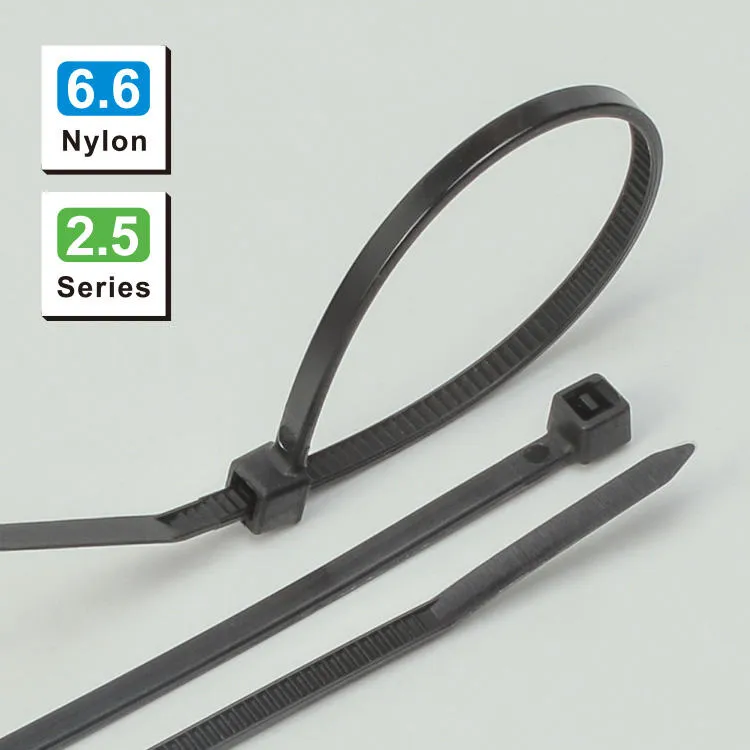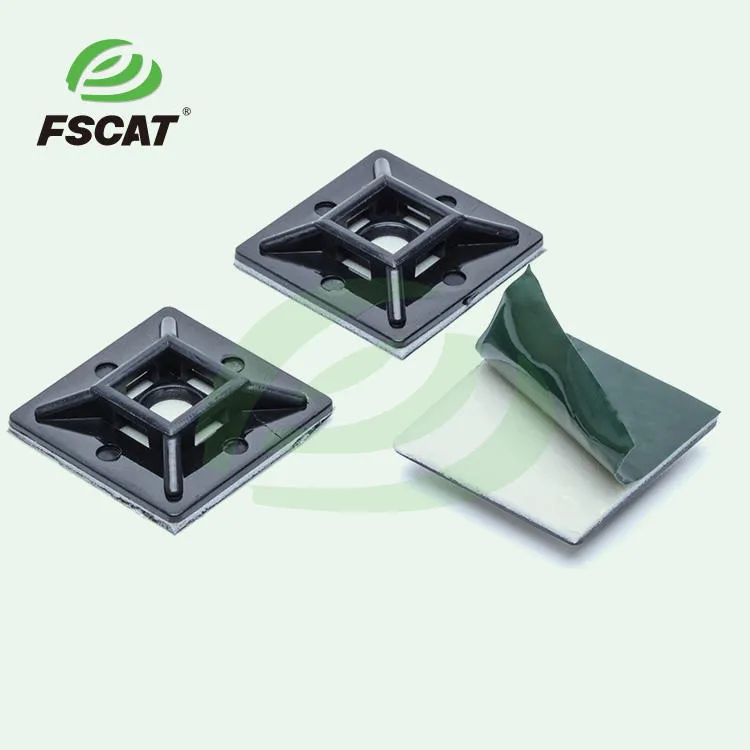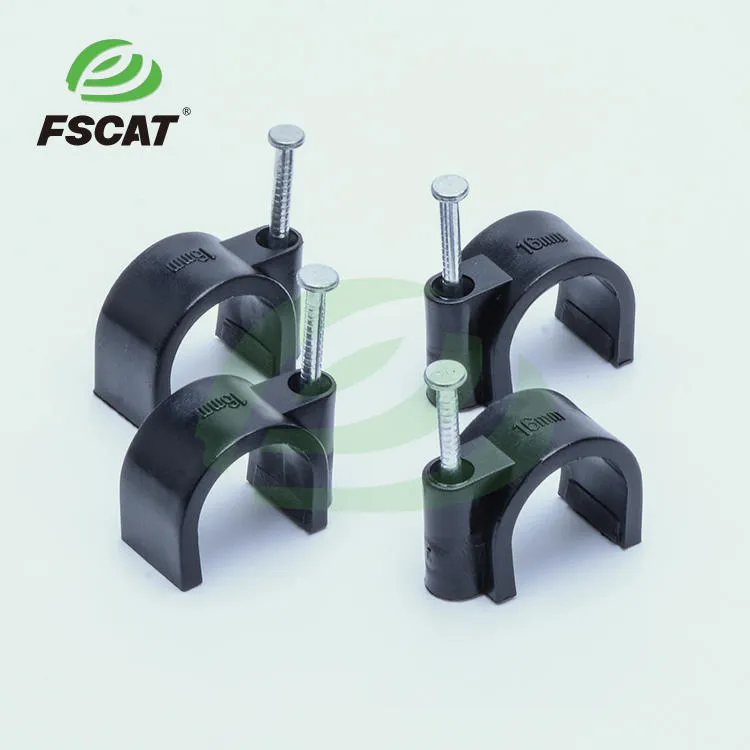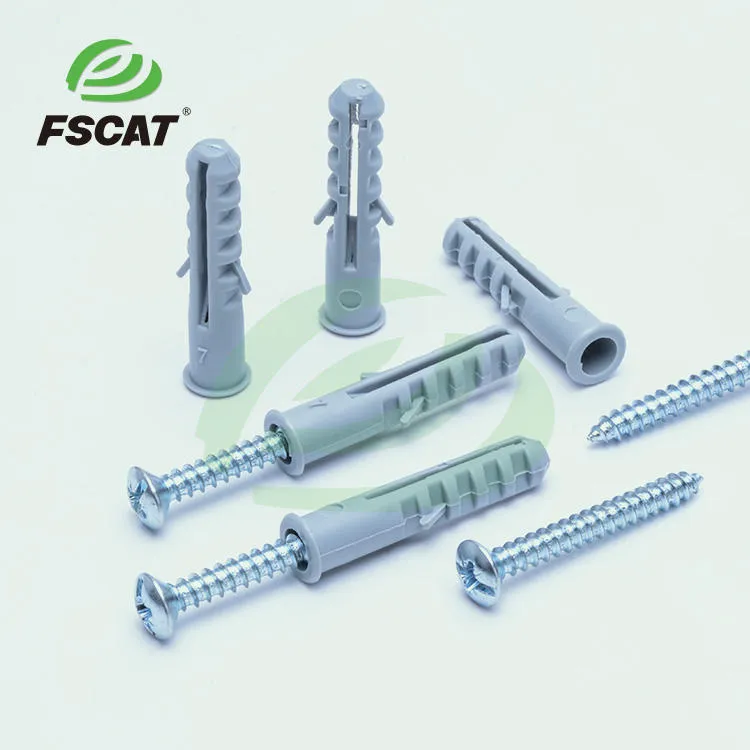What Thickness of Nylon Cable Ties Do You Need for Light vs. Heavy Cables?
Choosing the right thickness for securing cables isn't just about a snug fit—it affects how well the tie lasts, whether you're organizing small electronic wires or heavy industrial cables. Pick a too-thin tie for heavy loads, and it may break; go too thick for light cables, and you'll waste material. Let's break down how thickness matches cable weight.
Thickness Matching: Light Cables vs. Heavy Cables
The key is pairing thickness with cable weight and environment—different thicknesses are built for specific load ranges.
Ideal Thickness for Light Cables
Light cables (e.g., phone chargers, laptop wires, small appliance cords) don't need heavy-duty ties. A thickness of 2.5mm to 3.6mm works best: it's flexible enough for small bundles (no damage to delicate wires) and strong enough to stay organized, even in tight spaces.
Suitable Thickness for Heavy Cables
Heavy cables (automotive harnesses, industrial machinery wires, HVAC lines) need thicker ties. Opt for 4.8mm to 7.6mm—these have higher tensile strength to clamp heavy bundles without stretching or snapping, and distribute pressure evenly to protect cable jackets.
Material's Role in Maximizing Thickness Performance
Thickness alone isn't enough—material ensures it holds up in different conditions.
Standard Material for Regular Use
For 2.5mm–4.8mm ties (light to medium-heavy cables), PA66 (Polyamide 66) is ideal. It's rigid enough to support the thickness, with good tensile strength and temperature resistance (-40°C to 85°C). It also absorbs little moisture, so it won't get brittle in mild humidity.
Specialized Materials for Extreme Conditions
For 5.0mm–7.6mm ties (heavy cables in harsh environments):
PA12: Stays flexible and strong in cold/outdoor settings (-40°C).
PEEK: Handles high heat (up to 240°C) for industrial use, keeping thick ties from softening.
How Testing Ensures Thickness Reliability
Not all same-thickness ties perform equally—testing confirms they handle intended loads and environments.
Tensile Testing for Load Capacity
Every thickness gets tensile testing to check break resistance. A 2.5mm tie is tested to hold small bundles without snapping; a 7.6mm tie is checked to support large cables, even with minor vibration. Only passing ties are sold.
Environmental Testing for Longevity
Tests like temperature cycling and moisture exposure keep thickness stable. A 3.6mm PA66 tie is tested at -40°C to 85°C (no cracking/stretching); a 6.0mm PA12 tie is exposed to humidity (no swelling/loss of strength).
Conclusion
Choosing the right thickness for Nylon Cable Ties isn't random—it's about matching cable weight, pairing thickness with the right material, and trusting tested ties. For light cables, 2.5mm–3.6mm ties balance flexibility and strength; for heavy cables, 4.8mm–7.6mm ties offer durability. With materials like PA66 (regular use) or PA12/PEEK (extremes), plus strict testing, your ties will last.
To find the nylon cable ties with the thickness, quality materials, and reliability that suits your needs, visit our products page.






